- 631-796-2804
- [email protected]
- Mon - Fri: 6:30AM - 5PM
Professional seal coating that adds years to your driveway’s life while keeping your property looking sharp.
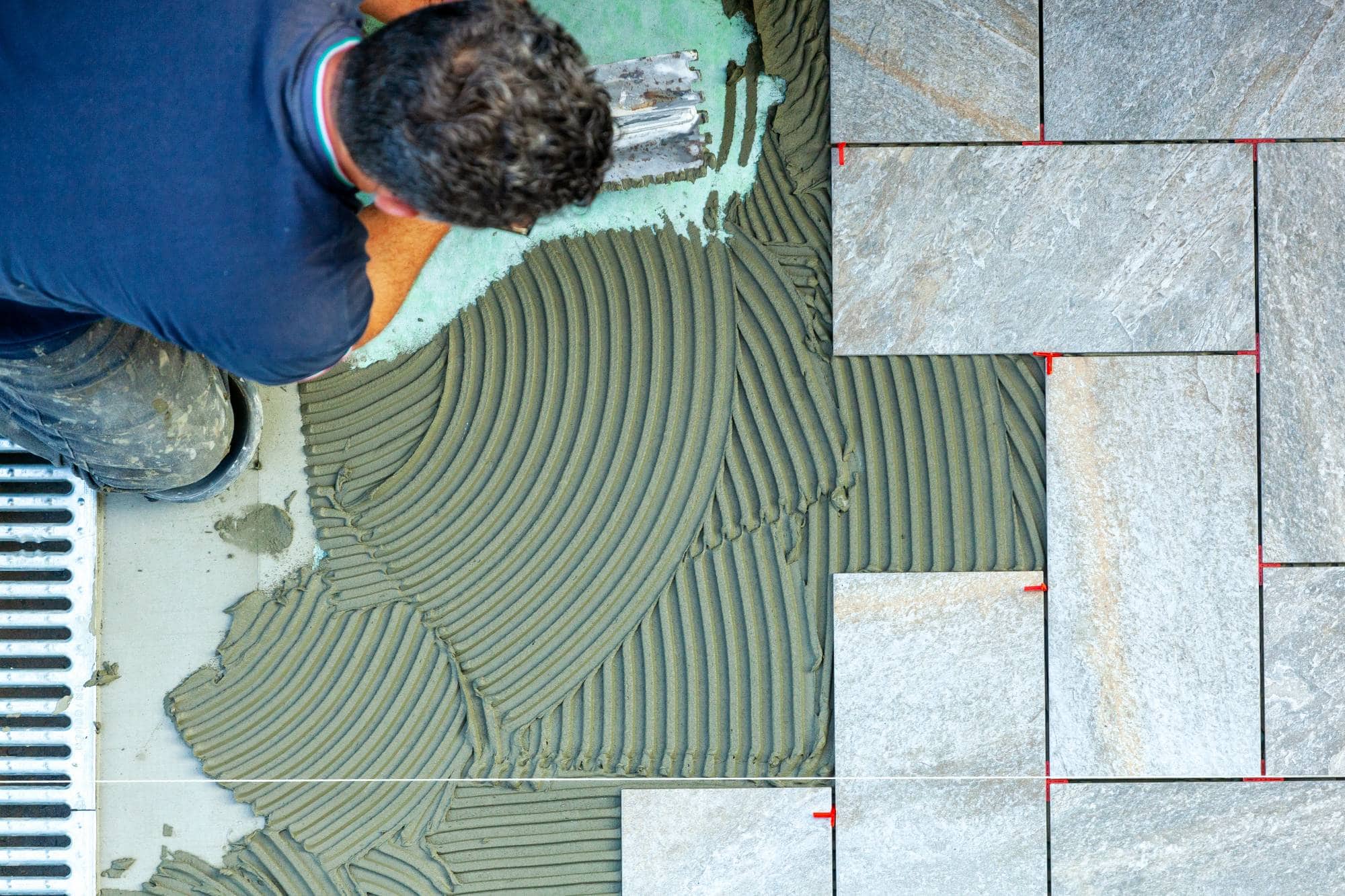
Hear from Our Customers
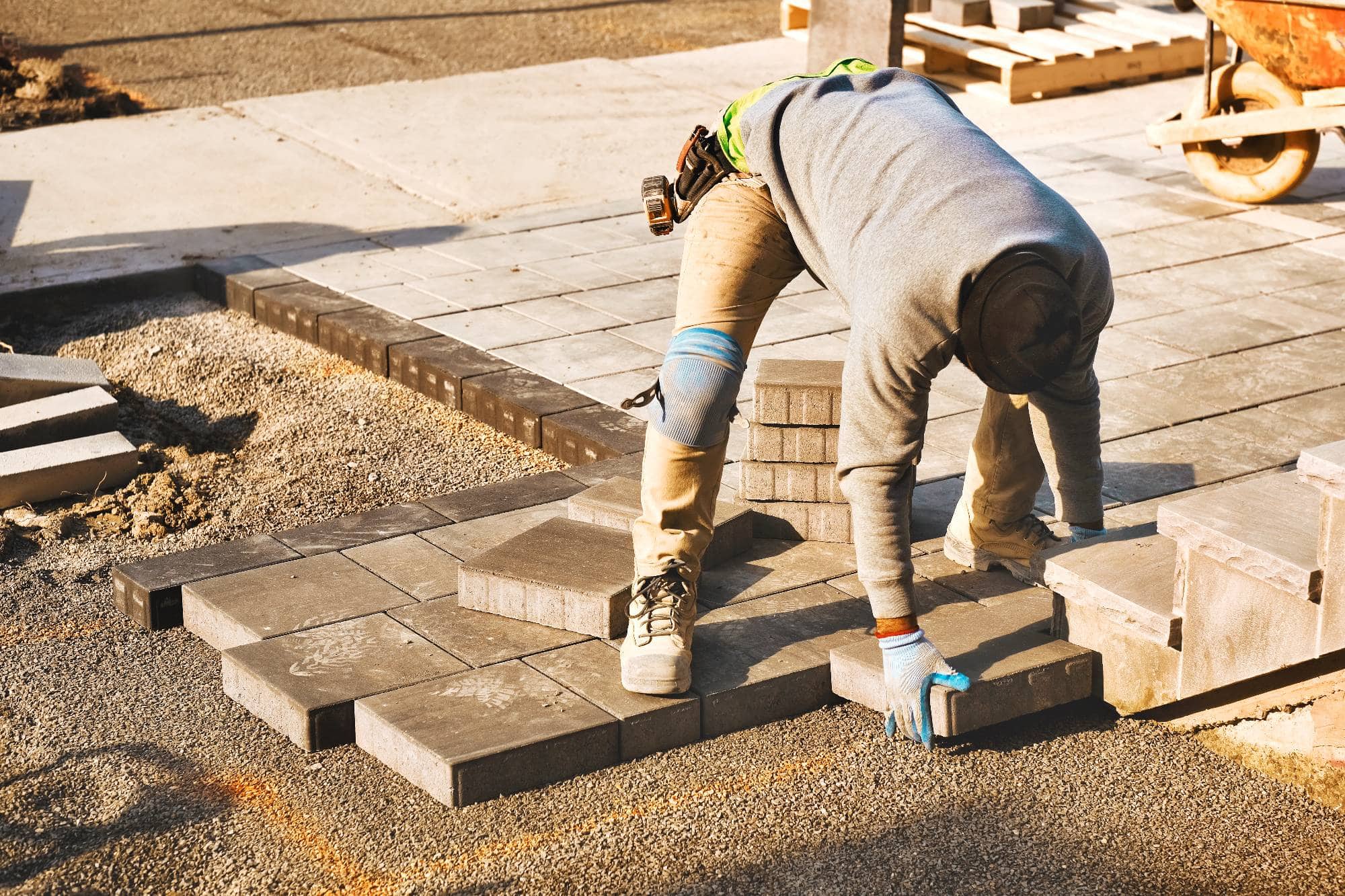
Your driveway stops looking tired and starts looking maintained. The rich, dark finish makes your property stand out in the neighborhood while creating a protective barrier against everything Long Island weather throws at it.
Water can’t penetrate the surface anymore, which means no more freeze-thaw damage eating away at your asphalt from the inside out. UV rays that normally fade and dry out your driveway get blocked before they can do their damage.
You’re looking at 3-5 extra years before you need to think about replacement. That’s thousands of dollars staying in your pocket instead of going toward a complete driveway overhaul that nobody wants to deal with.
We’ve been handling asphalt projects throughout Long Island for years, and we understand what Cold Spring Harbor properties need. The salt air, the winter freeze cycles, the summer heat – it all takes a toll on asphalt.
We’re not the guys who show up, slap on some sealer, and disappear. We prep surfaces properly, use commercial-grade materials, and apply them when conditions are right for the best possible bond.
You’ll find us throughout Cold Spring Harbor and the surrounding areas, working on driveways and parking lots for property owners who want the job done right the first time.
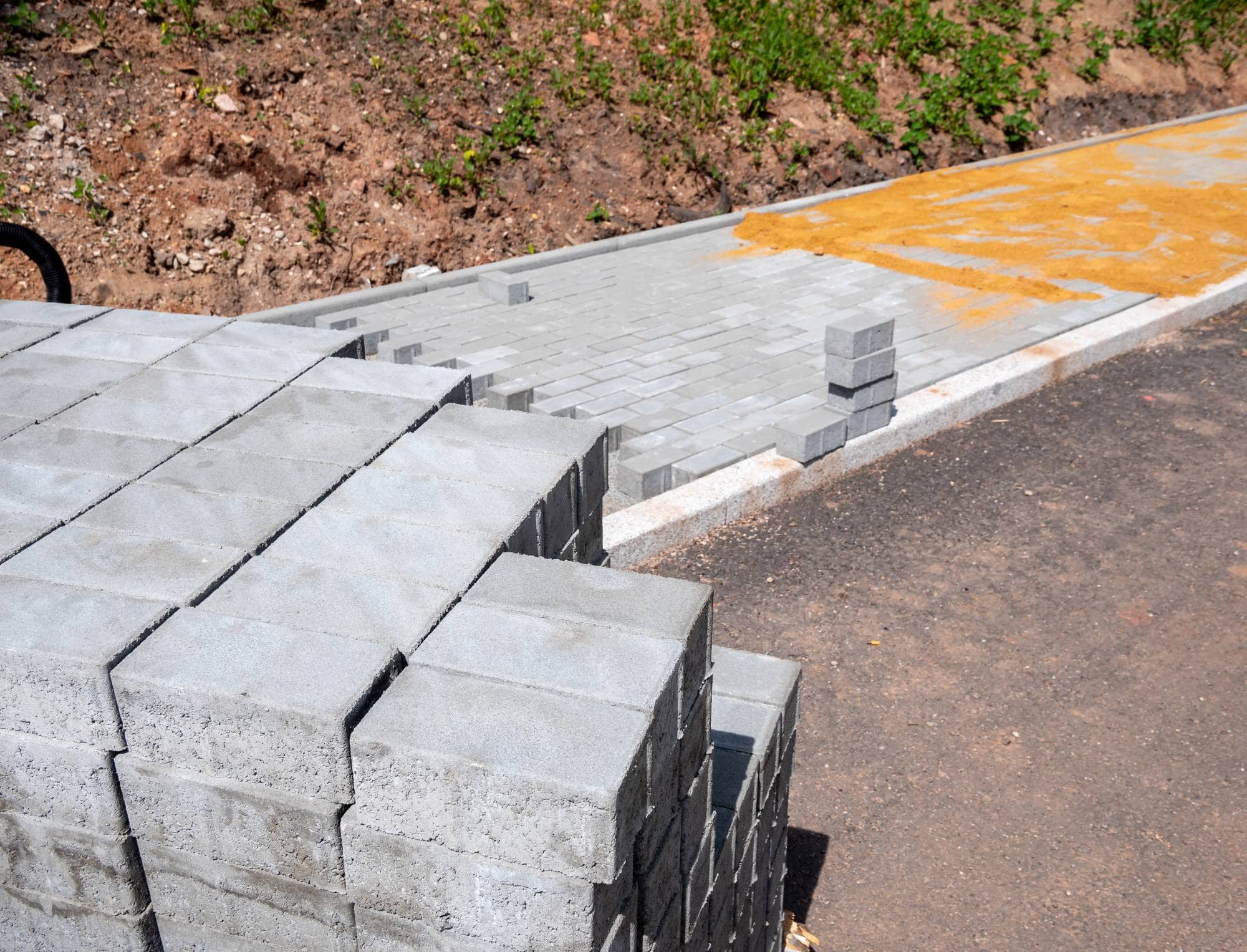
First, we clean your asphalt surface completely. Oil stains get treated, debris gets removed, and any vegetation growing through cracks gets cleared out. This isn’t optional – sealer won’t bond properly to a dirty surface.
Next comes crack filling if needed. Small cracks get sealed to prevent water infiltration, while larger issues get addressed so your seal coat goes on evenly and lasts as long as possible.
Then we apply the sealer using professional equipment that ensures even coverage and proper thickness. We’re not rolling it on with a squeegee from the hardware store – this is commercial-grade application that creates a uniform, durable finish.
The whole process typically takes a day, and you can walk on the surface within 24 hours. Vehicle traffic usually needs to wait 48-72 hours depending on weather conditions.
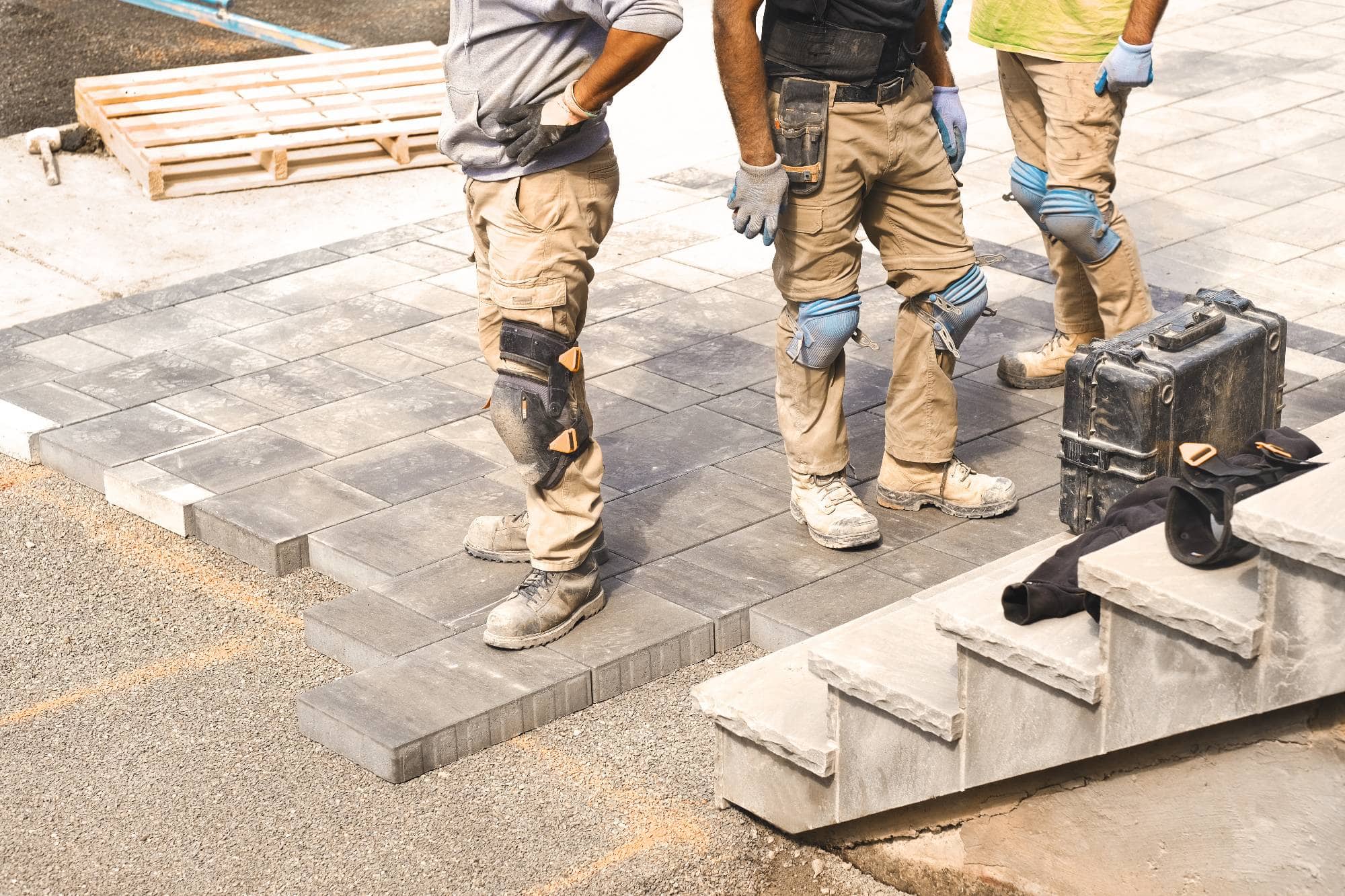
Ready to get started?
You get thorough surface preparation, which most contractors skip but makes all the difference in how long your seal coat lasts. We’re talking about proper cleaning, crack treatment, and edge work around landscaping and structures.
The sealer itself is commercial-grade material designed for Long Island conditions. It’s not the watered-down stuff you see at big box stores – this is formulated to handle temperature swings, salt exposure, and heavy traffic.
Application happens with professional equipment that ensures consistent coverage and thickness. We pay attention to detail around edges, transitions, and areas where water tends to collect. The finished surface looks uniform and professional, not patchy or streaky like DIY jobs often turn out.
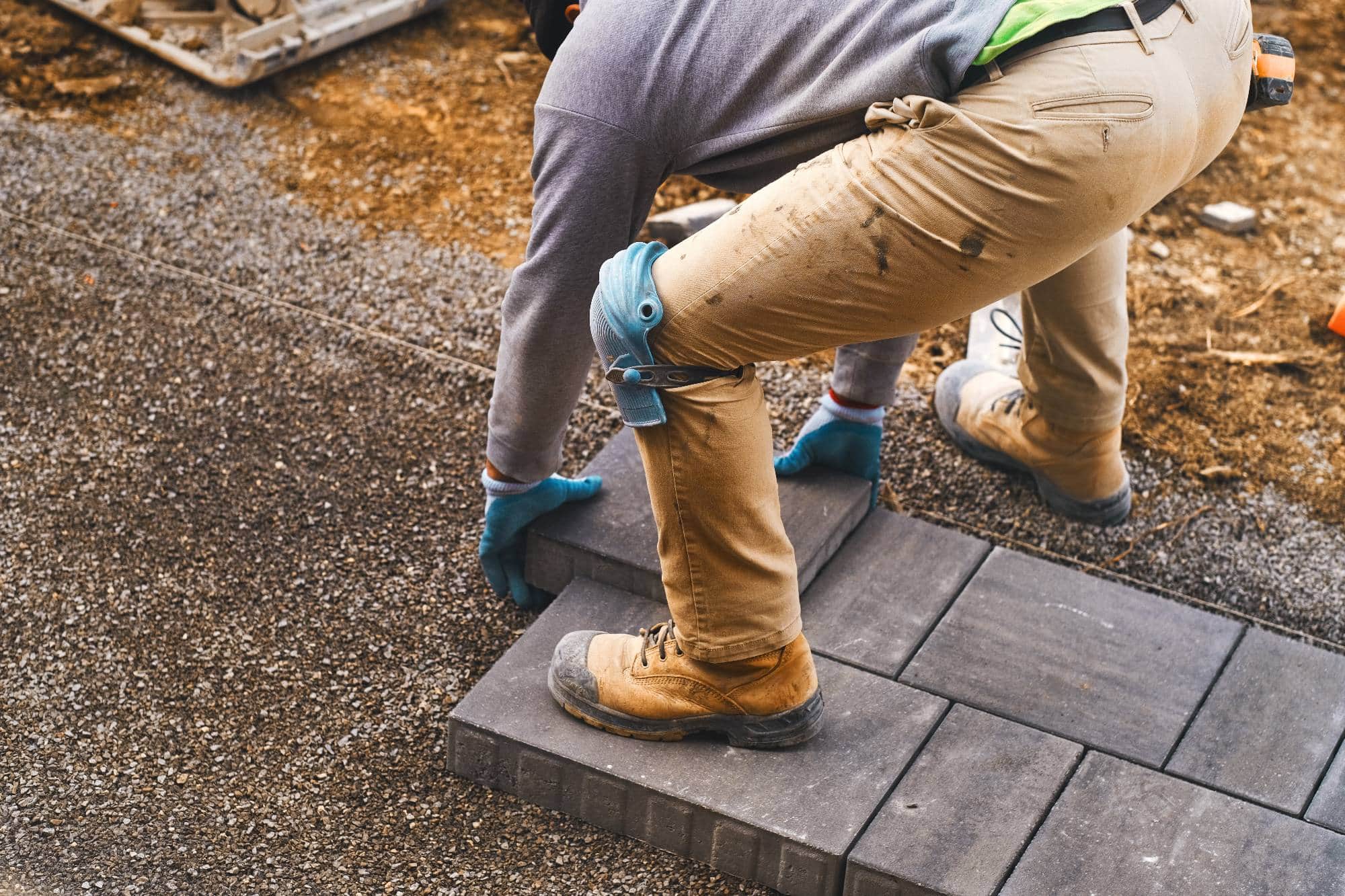

We are a family owned and operated paving contractor servicing customers on the East end of Long Island. We specialize in all phases of paving from start to finish.